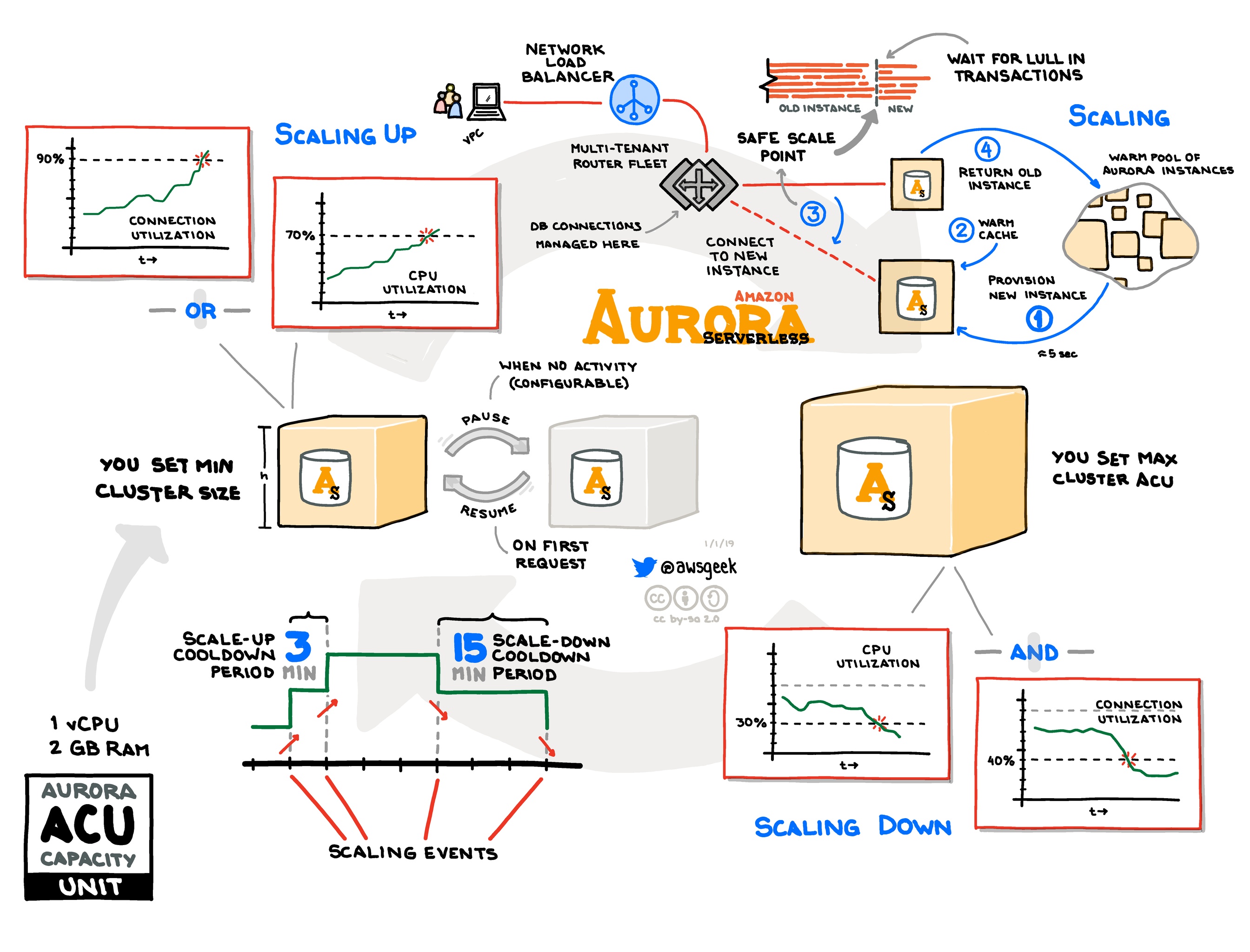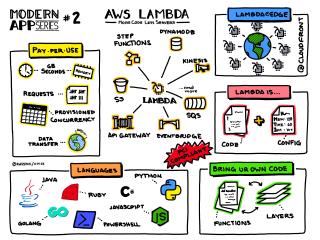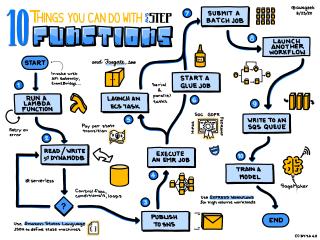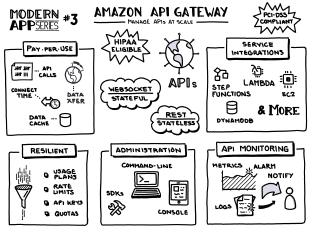
Amazon Aurora Serverless is a relational database service designed for applications requiring intermittent or unpredictable workloads. Unlike traditional databases needing pre-provisioned compute capacity, Aurora Serverless automatically adjusts resources based on demand. It offers cost efficiency for scenarios where database usage patterns are unpredictable or where periods of inactivity are common. Built on Amazon's cloud infrastructure, it provides a balance of high availability, scalability, and strong security measures that are essential for professional developers and IT administrators managing extensive database environments.
Use Cases
Aurora Serverless is particularly well-suited for a range of use cases, including development and testing environments where workloads are sporadic. It is ideal for applications with variable load, such as online retail services experiencing seasonal spikes or marketing applications that require database access only during campaign runs. The service is beneficial for startups and small businesses that need enterprise-grade database functionality without the overhead of managing database infrastructure. Aurora Serverless can be effectively used for disaster recovery strategies, where a standby database can be dynamically scaled according to the needs of the primary database.
Pricing
The pricing model for Amazon Aurora Serverless is based on ACUs (Aurora Capacity Units), which are billed per second of database availability. Users only pay for the storage and resources consumed during active database usage, making it a cost-effective solution for fluctuating workloads. There are no upfront fees, and the cost adjusts automatically based on the workload, ensuring that expenses align with actual resource usage. Detailed pricing information can be found on the official Aurora Serverless pricing page.
Scalability
Aurora Serverless is designed with a robust scaling mechanism that automatically adjusts database capacity based on application demand. It leverages the separation of compute and storage to enable seamless scaling without downtime. This scalability is achieved through the addition or removal of ACUs during load variations, ensuring optimal performance and cost efficiency. The system can scale from minimal capacity to hundreds of ACUs, adapting to application growth or contraction immediately and without manual intervention. This rapid response capability is particularly useful in mission-critical applications with sudden spikes in usage.
Availability
High availability is a cornerstone of Aurora Serverless. Amazon offers multi-AZ deployments for automatic failover support, ensuring minimal disruption during failure events. Data is replicated across multiple Availability Zones, providing redundant systems to avoid data loss. The system performs automated backups, snapshots, and point-in-time recovery options to safeguard against data corruption or loss. For developers focusing on application uptime and data integrity, Aurora Serverless integrates seamlessly with Amazon RDS features to provide continuous availability.
Security
Security in Aurora Serverless is managed using a collection of AWS security services and best practices. It offers encryption at rest and in transit, leveraging AWS Key Management Service (KMS) for key management. Developers can control network access using Virtual Private Cloud (VPC) configurations and security group rules. The service works in tandem with AWS Identity and Access Management (IAM) to ensure only authorized users and applications access the database. Additionally, audit logging and monitoring with AWS CloudTrail allow for comprehensive oversight of database interactions and changes, providing a robust security posture.
Competition
Other cloud providers offer similar serverless database solutions, each with unique features catering to different use cases.
Alibaba Cloud offers PolarDB Serverless which provides dynamic scaling, high availability, and pay-as-you-go pricing tailored for variable workloads and developers focused on performance and cost optimization.
Google Cloud provides Cloud SQL for relational databases with seamless scaling, automated failover, and advanced security features designed for businesses seeking managed database solutions without operational overhead.
Microsoft Azure features Azure SQL Database with its serverless tier, offering compute scaling, pause-and-resume capabilities, and integrated security measures making it ideal for applications requiring sporadic database activity without manual scaling.
Choosing the right serverless database service depends on specific application requirements, existing infrastructure, and compliance needs. Each provider offers unique advantages and integrates distinctively with their respective ecosystems.
 AWS Lambda
AWS Lambda
 AWS Step Functions
AWS Step Functions
 AWS Lambda
AWS Lambda
 Amazon API Gateway
Amazon API Gateway